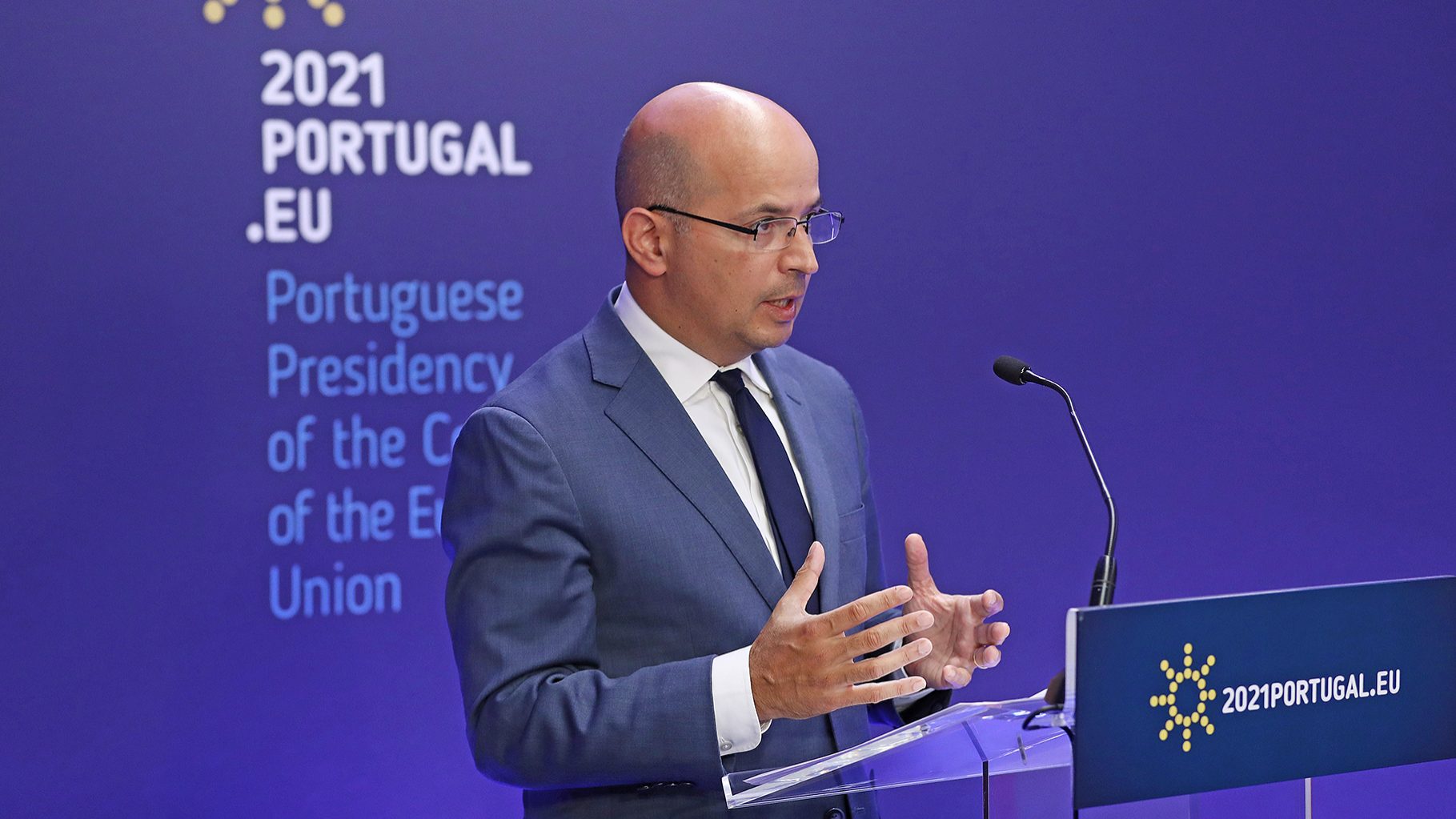Inflation may hit 5.6% in 2022 in adverse scenario with raw material supply from Russia disrupted
In the report "Economic and Budgetary Prospects 2022-2026," released on Thursday, the CFP anticipates "a significant acceleration of the inflation rate".
Inflation is expected to accelerate to 3.9% this year in Portugal, but in an adverse scenario, in which there is a disruption in the supply of raw materials from Russia to Europe, it could reach 5.6%, estimates the Portuguese Public Finance Council, CFP.
In the report “Economic and Budgetary Prospects 2022-2026,” released on Thursday, the CFP anticipates “a significant acceleration of the inflation rate”.
In the central scenario, the institution chaired by Nazaré Costa Cabral sees the Harmonised Consumer Price Index (HICP) accelerating to 3.9% in 2022, followed by a deceleration to 2.2% in 2023, “in line with the expected evolution of the price of energy goods and raw materials”.
“It should be noted that the hypothesis of inflationary pressure underlying this scenario – observed since 2021 with the recovery of global demand, supply-side constraints and the increase in the price of energy goods – is assumed to be of a temporary nature,” the CFP notes.
However, it points out that the conflict in Ukraine has increased uncertainty, so it has calculated an adverse scenario, which it says should not be interpreted as a forecast, in which “the magnitude of the shock in the price of energy goods and other ‘commodities’ [raw materials] is higher and more persistent than in the central scenario, resulting from a possible disruption in the supply of raw materials by Russia to European partners.”
“The price shock is reflected in higher production and transport costs, with inflation in Portugal expected to reach 5.6% in 2022,” the CFP estimates for the adverse conditions scenario.
In this scenario, the HICP would fall to 3.7% in 2023 and to 2.3% in 2024.
The CFP also warns that persistent high inflation could cause additional upward pressure on wages in the economy.
“The scenario of persistently high inflation could cause additional pressure to increase salaries in the economy, which, when reflected in the price formation mechanism by companies, could create more inflation,” it states.
In a global analysis, the CFP notes that, in the wake of inflationary pressures, “a change, albeit still contained, is expected in the European Central Bank’s monetary policy, both conventional (reference interest rates) and unconventional (asset purchase programmes)”.
“The acceleration of the inflation rate, which has been registered over the last few months, but which could intensify if commodity prices remain high for an extended period of time, could lead to a faster and more vigorous response from the main central banks, among which are the ECB and the US Federal Reserve”, it says.
It considers, however, that “the rise in interest rates is actually a risk”.
“This, in addition to plausible adverse economic consequences, damaging the economic recovery underway and increasing unemployment, could have heavy financial consequences in the medium term, especially for highly indebted countries, as is the case of Portugal,” it says, also pointing to the risk of increased financial fragmentation in the euro zone.
For the CFP, “even more serious than the increase in interest rates” would be the increase in spreads, especially in countries with high debt, “a situation reminiscent of the sovereign debt crisis,” pointing also to the risk of “a certain national bias in the debt market, penalizing, again, especially the most indebted countries” when it comes to the policy of buying assets.
“The recovery of economies, and of the Portuguese economy in particular, in this post-Covid 19 period, is now, in this war framework, strongly conditioned,” it added.


